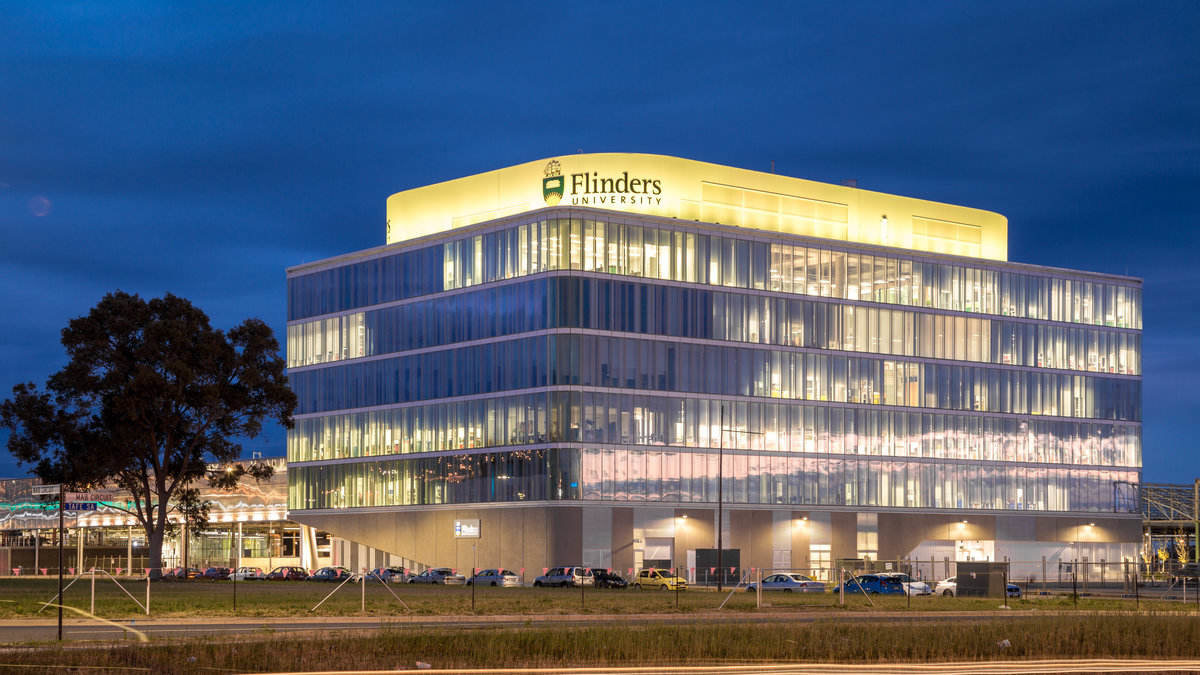
Flinders University welcomes the South Australian Government’s funding announcement in the 2020 State Budget which will fast track the development of the Line Zero – Factory of the Future.
As a major contribution to stage one of the Line Zero – Factory of the Future, the Marshall Government announced $5 million to support a $5 million co-investment by Flinders University for a first-of-its-kind advanced manufacturing accelerator located at South Australia’s Tonsley Innovation District.
At Tonsley, founding partners Flinders University and ASC Shipbuilding, a subsidiary of BAE Systems Australia, will partner with a range of companies to test advanced manufacturing technologies for potential deployment in support of the Hunter Class Frigate Program.
Through Hunter, nine Hunter class frigates will be constructed for the Royal Australian Navy at the world-class digital shipyard at Osborne, South Australia, and the Line Zero initiative represents a significant step forward for the Hunter supply chain to demonstrate and test – in a controlled environment – the technological value and progress that can be made over the life of the program.
Flinders University President and Vice-Chancellor Professor Colin Stirling welcomed the $5 million announcement by the state government.
“Flinders University welcomes the SA Government’s funding announcement and is proud to co-invest $5m in the new facility at our Tonsley campus. A crucial element in research that makes an impact is taking research out of the lab and applying it in the real world and this facility will do exactly that,” Professor Stirling says.
“This announcement reinforces Flinders University’s growing contribution towards placing Australia at the cutting-edge of Industry 4.0 and will support the application of new technologies in advanced manufacturing. The Line Zero – Factory of the Future enables our students and researchers to interact with business to transform manufacturing processes.”
Professor John Spoehr, Flinders Pro Vice-Chancellor, Research Impact and Director of the Australian Industrial Transformation Institute, says the funding announcement will enable technologies and processes tested by Flinders University and ASC Shipbuilding to be honed and refined in a real-world manufacturing site – the former Mitsubishi panel stamping plant.
“It also affords an opportunity for supply chain companies to work with Flinders and ASC Shipbuilding to harness the benefits of advanced manufacturing, enabling improved performance and growing their contribution to the sector and to the state and national economy,” says Professor Spoehr.
ASC Shipbuilding Managing Director Craig Lockhart says: “The Osborne naval shipyard will be one of the most modern, digitally advanced shipyards in the world – linking the digital engineering design with automated technologies and digitised work packs for shipbuilders on the ground.
“For workers and the supply chain this means they can use a range of digital technologies to do their job right, the first time – leading to productivity, safety and quality outcomes.
“Line Zero provides us with the exceptional opportunity to work with Flinders University researchers and academics as well as industry partners, to test and trial advanced manufacturing technologies and techniques in a factory environment, before adapting them to the shipyard,” Mr Lockhart says.
The Line Zero – Factory of the Future at Flinders University is a collaborative initiative supported by Flinders University, BAE systems, ASC Shipbuilding, the Innovative Manufacturing CRC, and the state and federal governments. In addition to research for the Hunter Frigate program, Line Zero will support other shipbuilding programs and advanced manufacturing more broadly.

